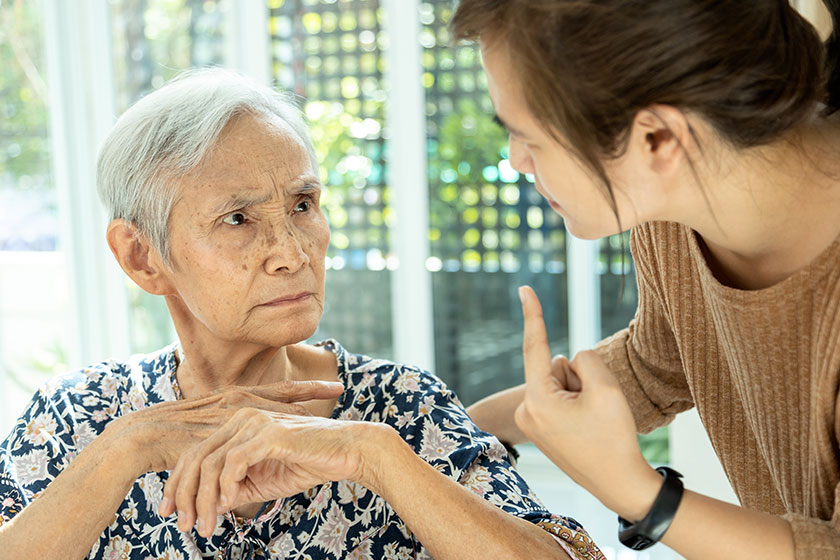Dementia is a progressive decline in cognitive function that affects millions of older adults worldwide. Recognizing dementia signs early is crucial for accessing appropriate care and support. But can the elderly recognize these symptoms themselves? In this article, we will explore the elderly’s ability to identify dementia signs and the importance of early detection.
Anosognosia: The Unawareness of One’s Own Condition
A common issue in dementia is anosognosia, a condition in which the affected individual lacks awareness of their cognitive decline. This can make it difficult for the elderly to recognize dementia signs in themselves. Anosognosia results from changes in the brain and can vary in severity. It is crucial to be aware of this phenomenon when assessing an elderly person’s ability to self-identify their dementia symptoms.
Early Signs of Dementia: What to Look For
Although the elderly may struggle to recognize their dementia signs, family members and caregivers can play an essential role in identifying early symptoms. Some common early signs of dementia include:
- Memory loss: Difficulty remembering recent events or conversations.
- Difficulty with problem-solving: Struggling to manage daily tasks, such as paying bills or following a recipe.
- Confusion: Getting lost in familiar places or mixing up names and dates.
- Changes in mood and behavior: Increased irritability, anxiety, or depression.
The Importance of Early Detection
Detecting dementia signs early can lead to better care and improved quality of life for the affected individual. Early detection allows for:
- Timely medical intervention: Early diagnosis can provide access to medications that may slow cognitive decline and improve symptoms.
- Care planning: The person with dementia and their family can make decisions about care, living arrangements, and legal matters while the person is still able to participate in the process.
- Support: The affected individual and their family can access resources, such as support groups and counseling, to help cope with the emotional impact of the diagnosis.
The Role of Family and Friends
As anosognosia can prevent the elderly from recognizing their dementia signs, it is crucial for family members and friends to remain vigilant. Regularly observing the elderly person’s behavior, communication, and cognitive abilities can help identify any concerning changes. If you notice potential dementia signs in a loved one, it is essential to consult a healthcare professional for a comprehensive assessment.
Cognitive Screening: A Valuable Tool
Cognitive screening tests are useful tools for identifying dementia signs in the elderly. These tests evaluate memory, attention, language, and problem-solving skills. Healthcare professionals often use these assessments as part of the diagnostic process. Regular cognitive screening can help detect dementia signs early and facilitate prompt intervention.
Recognizing Dementia Signs
The elderly may not always recognize their dementia signs due to a condition called anosognosia. This unawareness makes it crucial for family members and friends to monitor their loved ones for any cognitive or behavioral changes. Early detection of dementia signs is essential for accessing appropriate care and support, leading to a better quality of life for the affected individual. Regular cognitive screening, open communication, and collaboration with healthcare professionals can help ensure that dementia symptoms are identified and addressed promptly.







